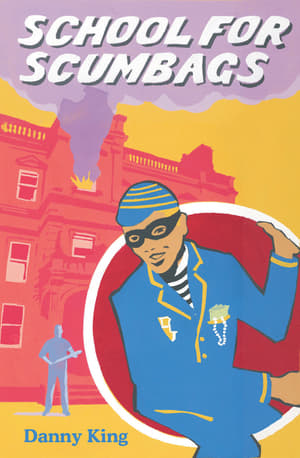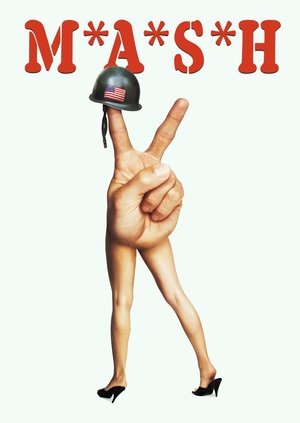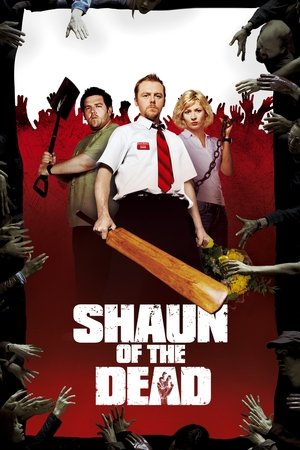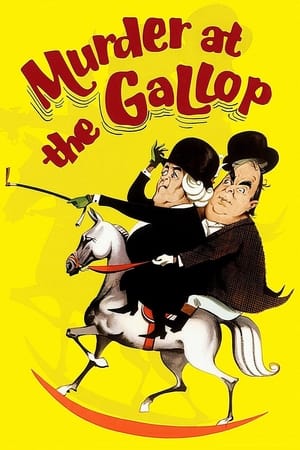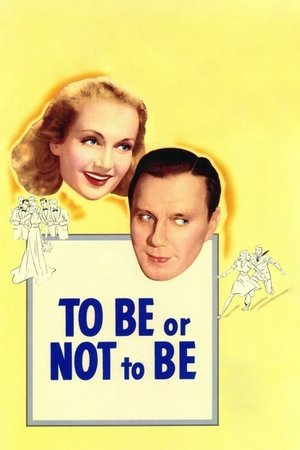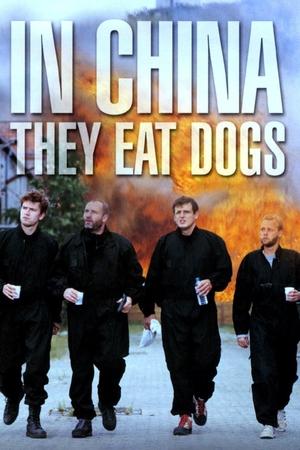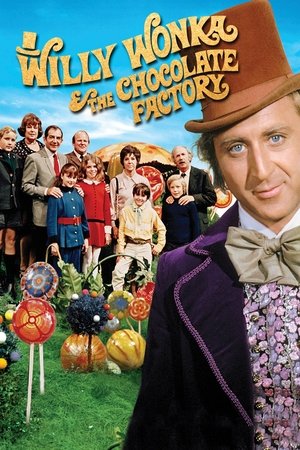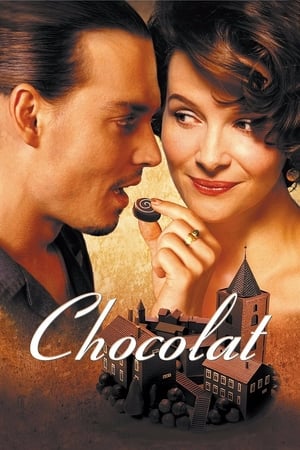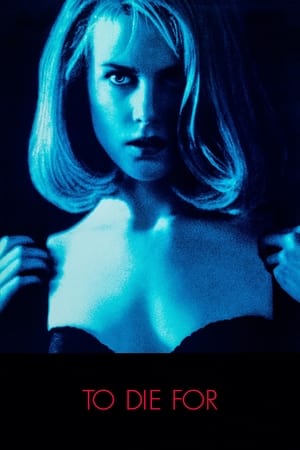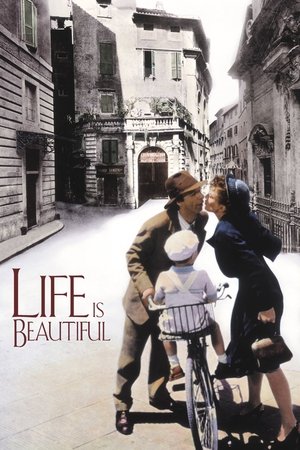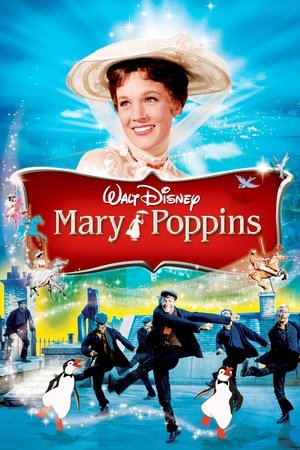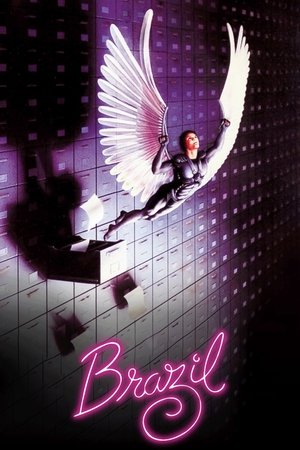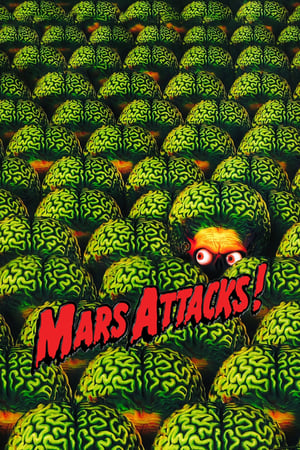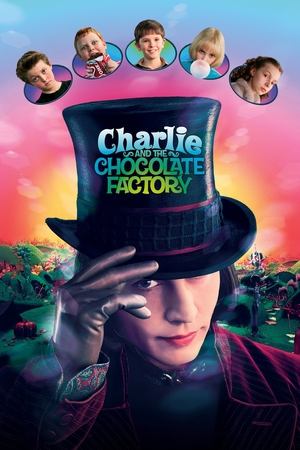Overview
In Victorian England, a fortune now depends on which of two brothers outlives the other—or can be made to have seemed to do so.
Reviews
Bryan Forbes is to be commended for assembling a glittering cast in this rather plodding adaptation of Robert Louis Stevenson's novel. It centres around the fate of a £20,000 fortune - the result of a tontine between 20 families who each invested £1,000 in a lottery than would provide the entire fund for whichever of their young children survived! Over the course of time, nature takes it's course until, sixty years later, we are left with two brothers. "Masterman" (John Mills) and "Joseph" (Sir Ralph Richardson). The former is a conspiring old fellow who really cares about the cash - a feeling shared by his plotting grandson "Michael" (Michael Caine). The latter - who doesn't really care about the cash - a rather charming old buffoon with a tale to tell of just about everything, being kept going for as long as possible by his scheming nephews Peter Cook ("Morris"), Dudley Moore ("John") and charming neice Nanette Newman ("Julia"). The scene is now set for a series of lightly amusing escapades with a few cameos from (policeman) Tony Hancock, (doctor) Peter Sellers and a wonderfully paced (quite literally) effort from Wilfred Lawson as the butler "Peacock" leading to a rather farcical conclusion in a graveyard. It is certainly a great looking film, John Barry provides one of his less distinctive scores and the film really moves along quickly. It just wasn't funny. The impending jokes could be seen from space, and aside from Lawson, and Sir Ralph's nigh on perfect portrayal of the doting old "Joseph", the characters provide more for a star-studded gathering for the sake it it, rather for the cohesiveness of the (admittedly quite fun) plot. Not one of RLS's finest stories, this - it tries to ridicule the "virtues" of 19th century Britain, but this production lacks subtlety, wit to achieve that goal. It really overcooks the perceived eccentricities of the characters - especially with Messrs. Cook and Moore. There was a certain style of comedy and comedian prevailing in the UK in the 1960s - fans of which may get much more from this. As it is, though, I struggled with it.

 105 min
105 min
 6.45
6.45
 1966
1966
 United Kingdom
United Kingdom
 CinemaSerf wrote:
CinemaSerf wrote: